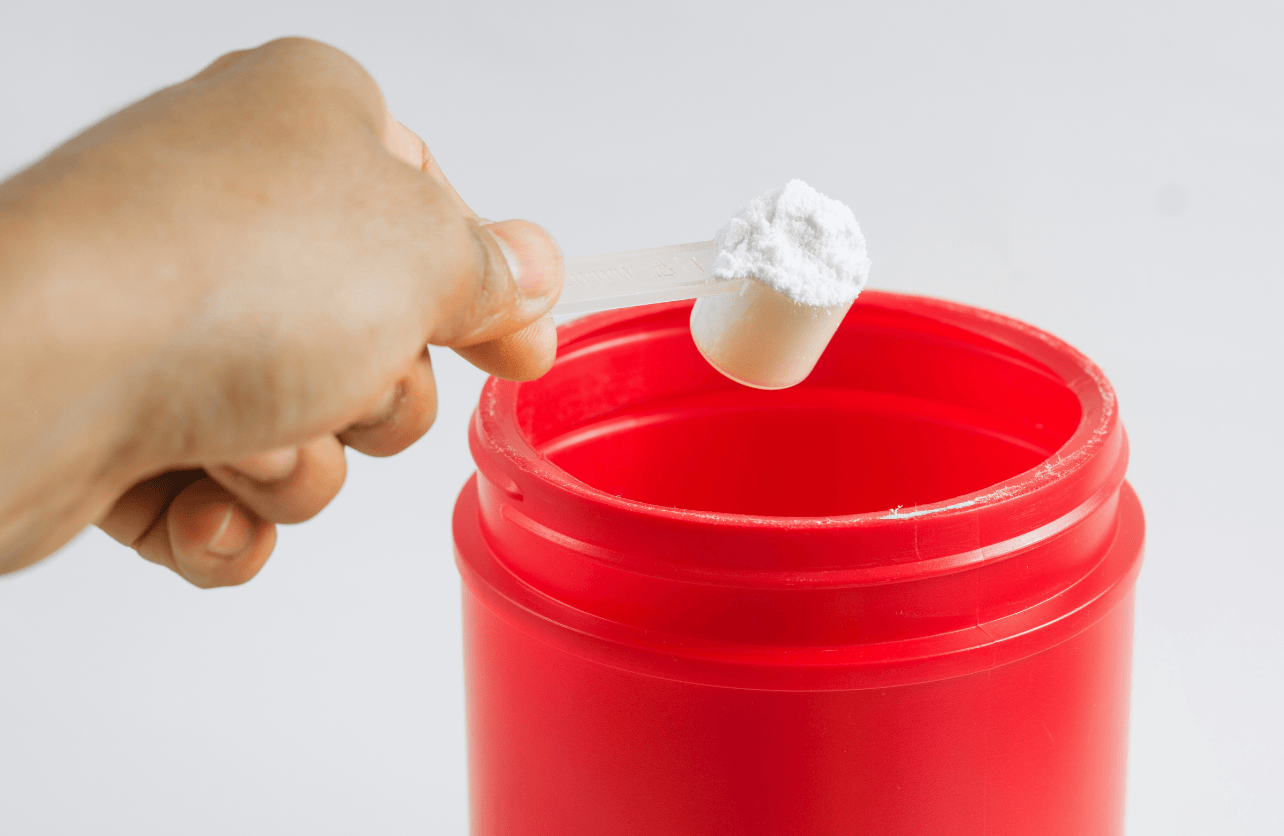Is Creatine Safe for Teens?

Creatine is one of the most popular dietary supplements among athletes and fitness enthusiasts, known for its ability to enhance muscle strength and performance. While adults commonly use creatine, many parents and teenagers wonder about its safety and efficacy for younger users. This article explores the current research on creatine use in teenagers, its potential benefits, risks, and important considerations.
What Is Creatine?
Creatine is a naturally occurring compound found in small amounts in foods like meat and fish and is also synthesized by the human body from amino acids. It plays a crucial role in energy production during high-intensity, short-duration exercises by replenishing adenosine triphosphate (ATP) in muscle cells.
Potential Benefits for Teens

Improved Athletic Performance
Studies have shown that creatine supplementation can enhance performance in activities that require quick bursts of energy, such as sprinting and weightlifting. For teenage athletes engaged in competitive sports, creatine might offer a performance edge.
Increased Muscle Mass
Creatine may contribute to greater gains in lean muscle mass when combined with resistance training. This can be particularly appealing to teenagers looking to improve their physique.
Safety Concerns and Risks
Limited Research on Teens
Most creatine studies have been conducted on adults, and research involving teenagers is limited. While some studies suggest that creatine is safe for adolescent athletes, the long-term effects remain unclear.
Potential Side Effects
Common side effects reported in adults include:
- Gastrointestinal Issues: Such as stomach cramps, diarrhea, and nausea.
- Weight Gain: Due to increased water retention in muscles (not necessarily a bad thing, although it may make some individuals look a bit more bloated in the short term)
- Muscle Cramps: Though evidence is mixed on this effect.
It’s important to note that these side effects are generally mild and reversible upon discontinuation of the supplement.
Kidney and Liver Function
There have been concerns about creatine affecting kidney and liver function. However, studies in healthy individuals have not demonstrated significant adverse effects on these organs. Nonetheless, individuals with pre-existing kidney or liver conditions should avoid creatine supplementation.
Guidelines for Teenagers Considering Creatine

Consult a Healthcare Professional
Before starting any supplement, including creatine monohydrate, teenagers should consult with a healthcare provider or a registered dietitian to evaluate:
- Overall Health Status: Including any underlying medical conditions.
- Nutritional Needs: Assessing whether dietary changes could meet performance goals.
- Appropriate Dosage: Determining a safe and effective dosing regimen if supplementation is advised.
Emphasize Proper Training and Nutrition
Supplements should not replace a balanced diet and proper training. Teenagers should focus on:
- Healthy Eating Habits: Consuming adequate protein, carbohydrates, and fats.
- Hydration: Maintaining proper fluid intake, especially when supplementing with creatine.
- Structured Training Programs: Following age-appropriate exercise routines.
Monitor for Side Effects
Be vigilant about any adverse reactions:
- Report Symptoms: Such as abdominal discomfort or unusual weight gain.
- Regular Check-Ups: Periodic health evaluations to monitor organ function.
Ethical and Sportsmanship Considerations
Some sports organizations have guidelines or restrictions regarding supplement use by minors. It’s essential to:
- Adhere to Regulations: Understanding the rules of relevant sports bodies.
- Promote Fair Play: Encouraging safe and ethical practices in athletics.
Conclusion
The current body of research suggests that creatine supplementation can be safe and potentially beneficial for healthy teenagers engaged in high-intensity sports, provided it is used responsibly and under professional guidance. However, due to limited long-term data on adolescent users, caution is advised. Prioritizing a balanced diet, proper training, and consulting healthcare professionals will help ensure the well-being of teenagers considering creatine supplementation.
Disclaimer: This article is for informational purposes only and does not constitute medical advice. Always consult a qualified healthcare provider before starting any new supplement regimen.
Building a Stronger You
Supplement Institute is the fruit of extensive online publishing experience, spanning the breadth of SEO strategies to the nuances of paid advertisements. Our journey, marked by significant achievements and learning moments, inspires our core mission: to empower our readers with an abundance of information. By sharing insights and key learnings, we aim to provide you with the knowledge needed to navigate the complex world of supplements, helping you make well-informed decisions for your health and well-being. Welcome to Supplement Institute, where information is your greatest supplement.